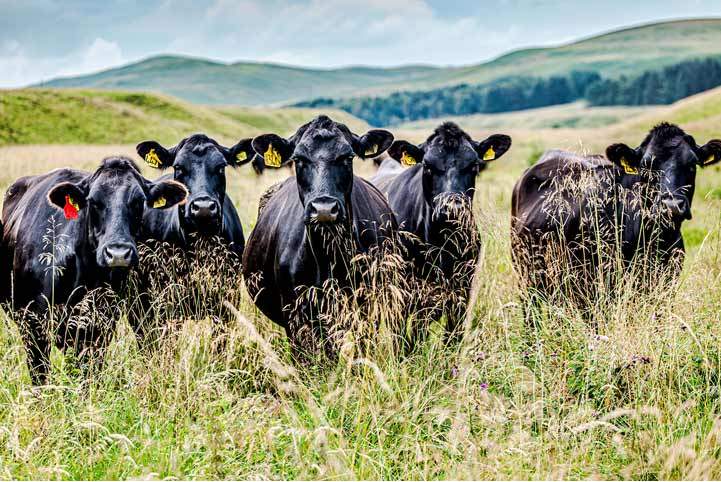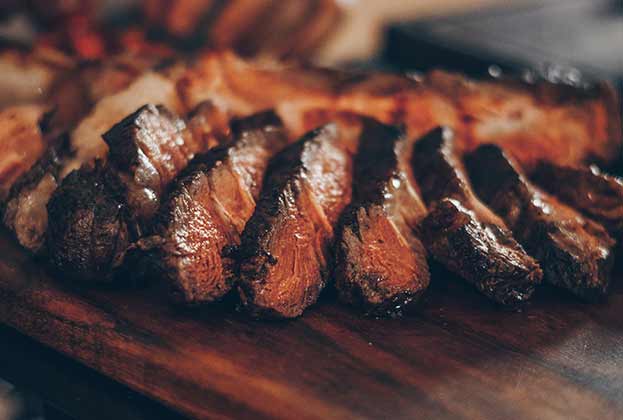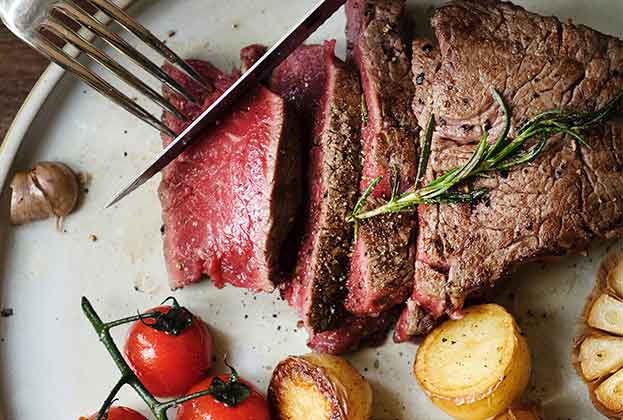New research suggests methane is unfairly accounted for its warming effect under current metrics

There is no denying livestock emit greenhouse gases that contribute to global warming, but are they actually increasing the global warming effect?
New research argues that the current metrics used to assess the warming contribution of greenhouse gases incorrectly account for methane, inflating greenhouse gas emissions from ruminants and consequently their significance within the national picture. Methane is a short-lived greenhouse gas that typically breaks down in the atmosphere within a decade, while carbon dioxide and nitrous oxides are long-lived and continue to have a global warming impact in the atmosphere for many generations.
To take this into account, researchers at the University of Oxford have proposed that a new metric known as GWP* should be adopted in place of the established metric GWP100 (global warming potential over 100 years). Using GWP* reduces the global warming impact of ruminant livestock because it accounts for the breakdown of methane rather than assuming it continues to accumulate. This effectively means that the methane emissions from a steady or declining population of ruminants is not causing additional global warming, as the rate of methane production is cancelled out by the rate at which historic methane emissions decay.
There is no denying livestock emit greenhouse gasses that contribute to global warming, but are they actually increasing the global warming effect?
Savills Rural Research
Currently, all policy and reporting on climate metrics use the GWP100 metric, however the IPCC has signalled its intention to report GWP* metrics in its forthcoming report.
Using GWP* total UK agricultural emissions in 2016 were 9.5 million tonnes CO2 equivalent (Mt CO2e), compared to 45.6 Mt CO2e if the GWP100 calculation is used, a 79% difference in relative impact. Addressing this misrepresentation is particularly important for the industry in the rebalancing of policy to focus on heavy carbon emitting sectors such as construction, energy, manufacturing and transport.
GWP* is not a licence to continue as normal for the livestock sector. Limiting the effects of anthropogenic global warming and slowing global temperature rises, requires a worldwide reduction in methane emissions. New methane inhibiting innovations show the potential for progress, as do increases in output per breeder unit and genetic selection against methane producing microbes. Social pressures on the industry should encourage producers to implement change at a farm level, which in combination with fair and effective policy measures can position the sector well for a long, sustainable future.
For more information on GWP* refer to Oxford Martin School – Climate metric for ruminant livestock report.
Read the other articles within Spotlight: Red Meat Outlook below
.jpg)

.jpg)


